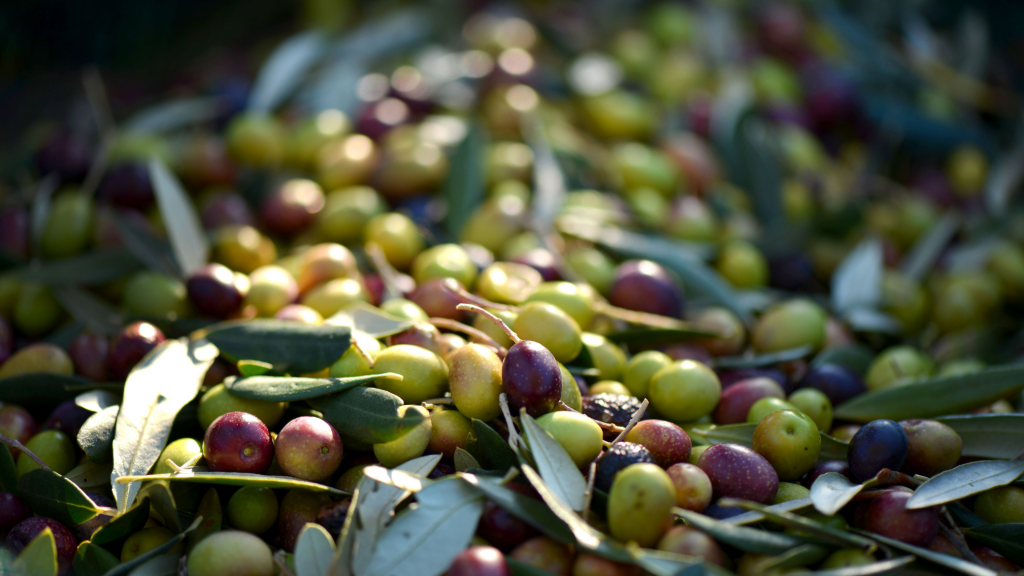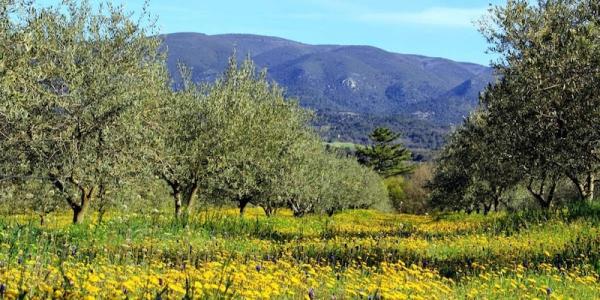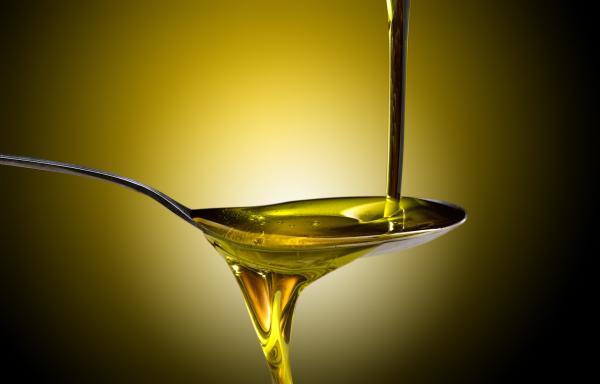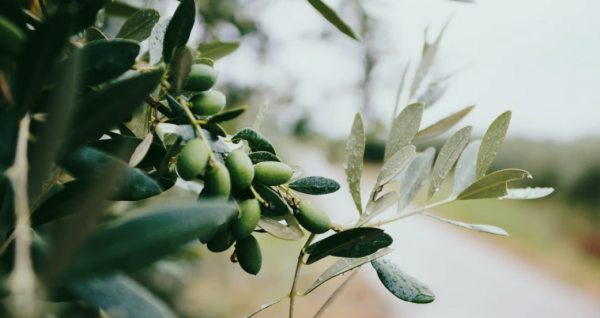The “Agrobiodiversity Index Report 2021” realized by the Biodiversity International (organization that deals with the research to safeguard the agricultural biodiversity to reach the global food and nutritional security) in collaboration with CIAT
(International center for tropical agriculture) shows that agrobiodiversity is the key to the Mediterranean diet survival in a world controlled by monoculture.
According to the report, many Mediterranean countries risk to run out of their biodiversity due to their actual agricultural and industrial approach, together with the climate change.
The loss of diversity in the Mediterranean regions may potentially signify the loss of a genetic resources’ richness for food and global agriculture. The researchers affirm that ulterior actions are necessary – in particular in agricultural companies
– to grant the food system resilience.
But why measure the Mediterranean agrobiodiversity? The Mediterranean diet evokes a strong association to fresh, low processed ingredients – olive oil, fresh fruits, vegetables, legumes, whole cereals, followed by fish and animal products
– which, together, create a production and consumption local food form which entails social, economic and cultural benefits.
Can this diet serve as a model for more nutrient and environment-respectful food systems?
In the “Agrobiodiversity Index Report 2021” report, the researches analyzed 10 Mediterranean Countries (Italy, Spain, France, Lebanon, Syria, Libya, Algeria, Egypt, Tunisia, Morocco) to verify an important, but often little analyzed, factor: the agrobiodiversity state (plants,
animals and micro-organisms) in the agricultural companies, in the markets and in the diet.
Using the agrobiodiversity index, the report identified the risks (such as the species in danger), but also the opportunities (alternative incoming sources, intelligent cultivation from the climate point of view and food nutrients options).
The great news is that all the Mediterranean countries analyzed show a superior than average conservation of the agrobiodiversity, as it is testified by the natural richness of the Mediterranean region in its whole in terms of cultivations and
wild plants and the effort to protect them.
However, despite some Countries (Lebanon, Italy, France and Spain) show particularly high levels of diversity in the consumption, the whole score of the Mediterranean is not greater than the global average. The scores regarding the production
are significatively lower than the average.
What does this gap suggest? The botanical vegetable gardens, the genetic banks and the natural reserves might preserve the agrobiodiversity and the diets may include heterogeneous food (included the imported ones). However, at the moment, the Mediterranean producing landscapes are greatly dominated by few cultivations, with
a reduced quota of natural vegetation (<10%).
This scarce agrobiodiversity in the agricultural companies exposes the agricultural systems to a greater risk of parasitic epidemics and illnesses, soil degradation and volatile income, and these risks are destined to aggravate with the climate
change.
As the report’s authors highlighted, the attention to the sole diet is not able to capture all the food system components. It is necessary instead to undertake actions and efforts to integrate the agrobiodiversity, in order to grant that different
species are integrated in the production-consumption spectrum.
The Countries with higher scores have already undertaken actions to integrate the agrobiodiversity in their food system – through politics, diet guide lines, investments in the biological agriculture and much more.
The countries with lower scores need to prioritize the immediate efforts of conservation to stop the ongoing diversity loss, while the Countries with the higher scores can concentrate on the increase of the landscape complexity (planting
more cultivation types or absorbing natural habitats inside the agricultural soil, for example with hedges and woods).
Other actions comprehend a better monitoring of the agricultural practice, such as the association and the agro-forestation and a higher access of the farmers to different seeds types.
Regarding Italy, the “Agrobiodiversity Index Report 2021” report shows that:
- Italy has an agrobiodiversity score of 66,1 which reflects the integration from moderate to elevate of the agrobiodiversity of the food system.
- Regarding the consumption, the food species and nutritional functions diversity is high and supported by national diet guide lines and food composition charts, but more strict politics are necessary to maintain and better the food diversity
in the markets and diets.
- Regarding the production, the agrobiodiversity may be supported by a greater adoption in the biological agriculture (16% at the moment), in the arboreal coverage in agriculture (11%) and in the integration management of vegetal nutrients.
- Regarding the conservation, the variety and species diversity is well preserved in the genetic banks, but the useful wild plants diversity is scarcely represented in the ex-situ environments (conservation of the species at greater risk
in an artificial environments).
- There is the potential for stronger politics to integrate the agrobiodiversity inside the food system.
For these actions to succeed, stronger national efforts are needed towards the agrobiodiversity. At the moment, the Mediterranean countries efforts to reach the global goals fixed by the United Nations Conventions on the biological diversity
are deficient.
There is no link between preservation and genetic diversity and the satisfying of the human needs, such as nutrition and surviving means.
How can all this be translated in the agricultural companies, in the market and in the alimentation? An example: the supply politics and the incentives for the diversification food selling and locally produced food would make the cultivation of
different crops more profitable.
Encouraging the diversification inside the agricultural companies, soil benefits may be obtained together with the increase of the micro-nutrients in the diets, the presence of a greater number of pollinators and a supplementary profit for the
farmers.
The Mediterranean Sea has still progress to be made in order to safeguard and grant its rich assets of agrobiodiversity. A great knowledge of the biodiversity benefits, together with continual efforts to diversify the cultivations may grant a greater
resilience of the region’s food system in the following years.








